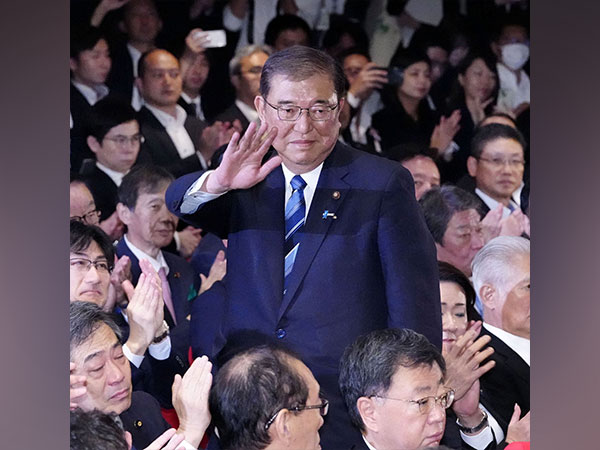Japan's New PM Aims to Sustain Loose Monetary Policy to Combat Long-term Deflation
Japan's new prime minister, Shigeru Ishiba, aims to maintain a loose monetary policy trend to help Japan recover from decades-long deflation. Ishiba will continue the economic policies of former Prime Minister Kishida, focusing on increasing real wages and corporate expenditure, and offering support to low-income households.

Japan's new Prime Minister, Shigeru Ishiba, emphasized the significance of sustaining a loose monetary policy as a continuing trend. He highlighted this approach while aiming to permanently lift Japan out of a decades-long deflationary period. Ishiba plans to carry on the economic strategies of his predecessor, Fumio Kishida, to ensure economic stability and growth.
Despite indicating that the specifics of monetary policy are the Bank of Japan's prerogative, Ishiba expects the central bank to align its policies with the government's goals. Speaking at a news conference following his confirmation as premier, Ishiba refrained from commenting on interest rates but stressed the importance of closely monitoring the Bank of Japan's decisions.
Ishiba outlined his administration's top priority: ending deflation definitively. This will be achieved through measures such as increasing real wages and encouraging corporate capital expenditure. Additionally, Ishiba announced plans for new initiatives to mitigate rising living costs for households, including direct support for low-income families.
(With inputs from agencies.)
ALSO READ
Ghana's High-Stakes Election: A Fight for Economic Stability
Ghana's Elections: A Test of Democracy and Economic Stability
Senegal's Battle for Economic Stability Amid Audit Revelations
China Aims for Economic Stability Amid Tariff Tensions
China Explores Further Monetary Easing for Economic Stability










